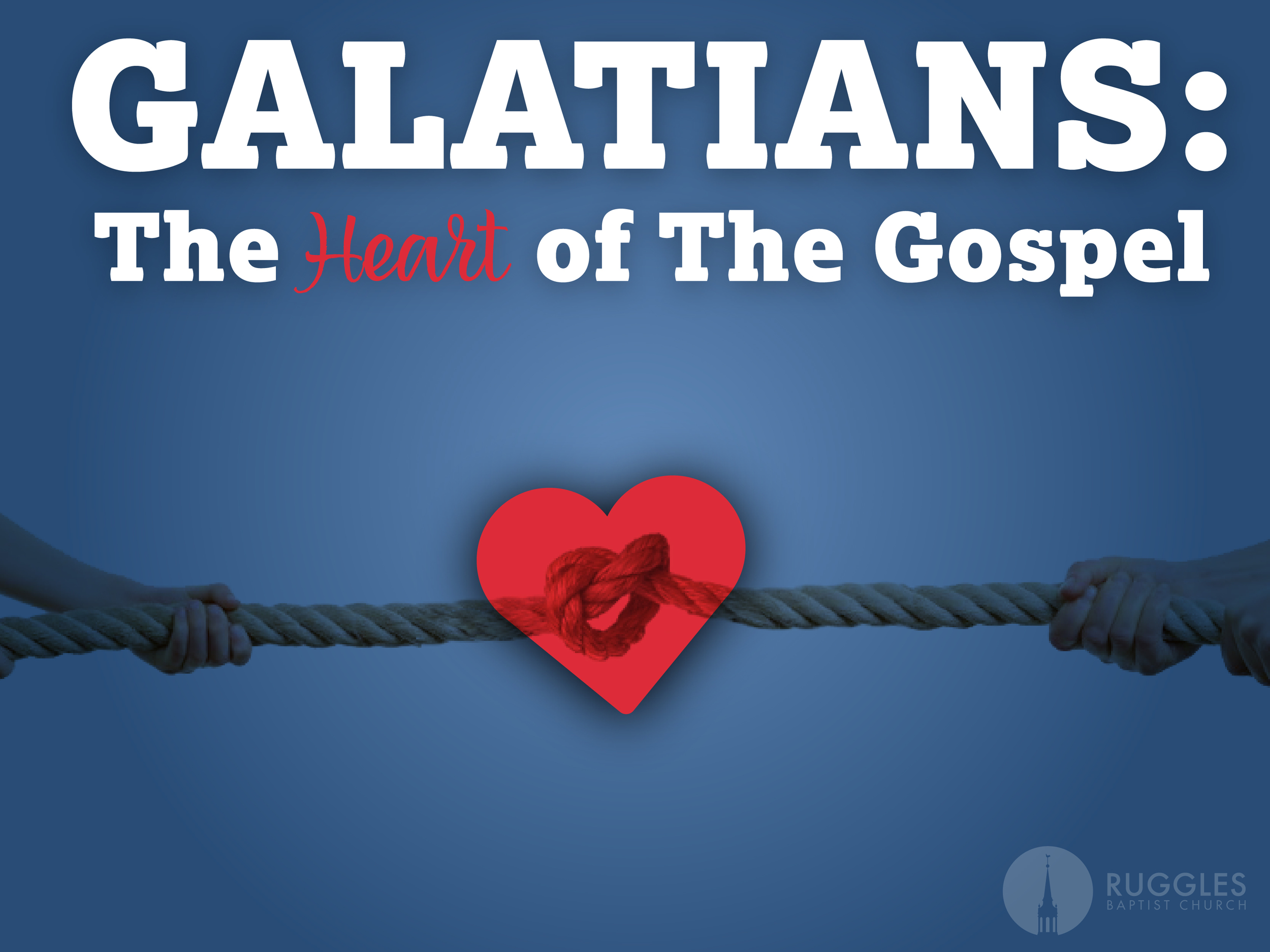Have You Been Bad or Good? (1 John 4:9-10)
/Some of us judge ourselves harshly. At Christmas, Santa Claus has it down very clearly: “Have you been bad or good, naughty or nice?” Reward or penalty is coming your way, according to Santa.
It’s common to carry self-judgment over into the Gospel. In many of our families, and cultures too, reward and punishment are code words that help or challenge our sense of worth and well-being. Today we look at another unique aspect of the Gospel: Jesus was sent to demonstrate that God is irrational. He does not judge us as we ought to be judged. It’s called his love and mercy, a source of genuine joy from truly living in Christ Jesus!



















